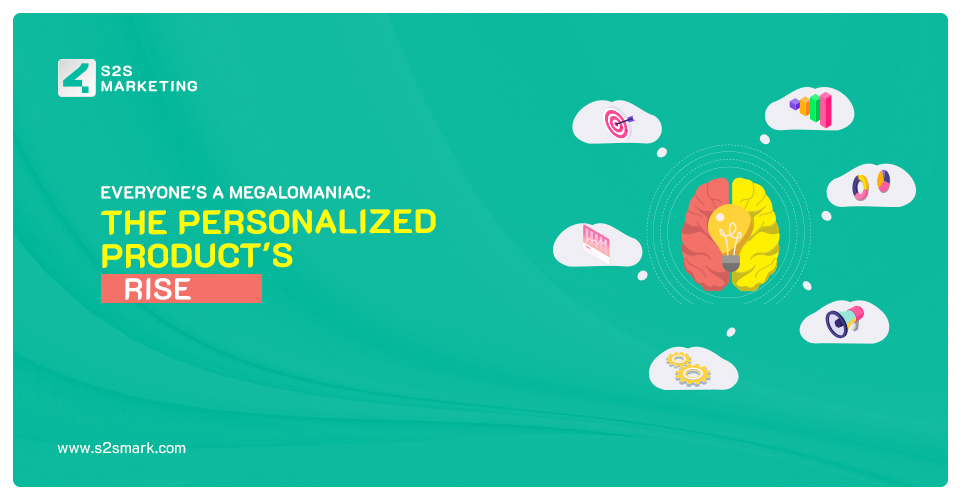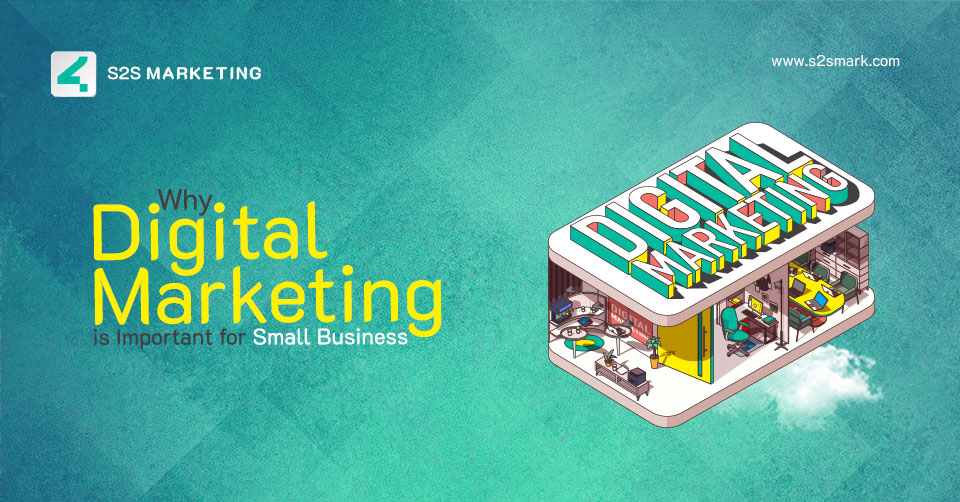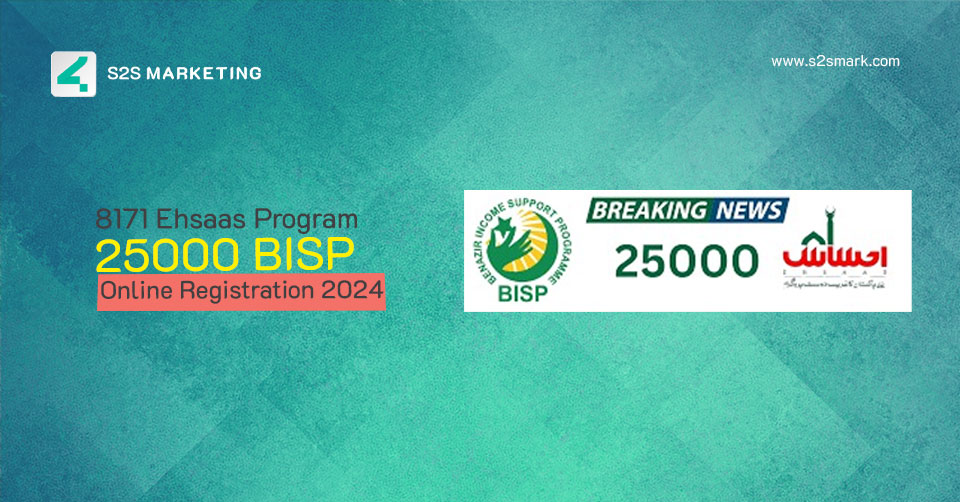In today’s blog, we will discuss the concept of personalized products, how it has proven to be more profitable especially in specific industries, such as beauty.
You’re in a densely packed, noisy environment when, despite the noise, you hear somebody in another room say your name. The Cocktail Party Effect is a perceptual and psychological phenomenon wherein individuals can tune out the discord surrounding them if something familiar — or personal — is referenced.
Once you receive two shampoo products in the post, one including your name and requirements printed on the sticker while the other has cliched branding, you experience the very same effect. You could find yourself more attracted to the bottle with your name on it.
Personalization
Personalized marketing is an approach that connects with intended audience and current clients using data to provide an optimized marketing experience. Companies may discover patterns and attract prospective clients more efficiently by collection and analysis of data. Such learnings not only assist marketing strategists in identifying their intended audience, but they also help with nurturing leads all through the buyer’s journey.
Personalization is a potent marketing technique which probes into our psychology and has been progressively utilized by skin care and beauty brands to differentiate themselves.
Personalized vs Non-personalized
According to a 2019 Monetate study, 93% of businesses with sophisticated personalization strategies experienced earnings growth, whereas only 45.5% of businesses without personalization experienced comparable growth. Organizations with a 2x ROI (return on interest) or higher reported that personalization accounted for at least 20% of their promotional budget.
“Humans pay close attention to information that is relevant to them,” says Jennifer Clinehens, managing director of educational and consulting firm Choice Hacking. “Clients have grown accustomed to personalization in businesses such as Amazon or Netflix, however when people go inside Sephora, they desire an identical experience — it doesn’t matter that you’re in beauty rather than tech.”
The Beauty Sector
With a rising variety of companies offering everything including customized shampoo and conditioner to skin and hair oils, the beauty industry is satisfying that desire.
Customization is central to Proven’s business model as a customized skin care company. Customers complete a skin quiz prior to actually receiving a three-step skin care regimen formulated specifically for them through the mail.
“Shoppers are frustrated when they try countless items that advertise that they work but don’t,” says Ming Zhao, co-founder and CEO of Proven. “With the rising interest of personalization, consumers will continue to gravitate towards brands that are specifically tailored to their skin care concerns and needs.”
So far, the tactic has paid off: Proven’s sales increased by 56% year over year in 2022, and the firm has served over 150k clients.
Many businesses and goods in the skin care and beauty sector are founded on the idea of customization. Function of Beauty provides personalized hair care and in 2021 obtained Atolla, a personalized skin care company. In 2021, the parent brand is expected to generate $12 million in revenue.
Clients are becoming tethered to skin care and beauty items that are effective for them, seeking to make repurchasing more habitual, according to Deidre Popovich, associate professor of marketing at Texas Tech University.
Popovich also notes that today’s customers are very well aware and educated about the data-gathering methods used by the businesses they purchase from, yet their assumption is now that the information will be used to give them a superior product and experience.
This mentality leads to an increase in the demand for brands to personalize experiences and products: According to a study by Mckinsey & Company, 71% of consumers expect companies to provide personalized interactions, and 76% are frustrated when this does not occur.
Brand Loyalty
“Customers develop relationships with brands in the same way that they do with people.” Brands which can claim to fully understand their clients’ wants and desires since their contenders are going to have benefit in building those relationships.”
In addition, the formulas and wrapping make customers feel heard, but also the customization process. Most personalized beauty brands operate on the same prototype: prospective buyers go to the website, are asked to complete a quiz in which they provide data regarding their needs and preferences, and are then directed through the purchasing process.
When addressing the method by which a client “creates” a commodity independently, both Popovich and Clinehens bring up the Ikea Effect. The Ikea Effect, named after the furniture giant, is a cognitive bias in which customers appreciate items more if they played a role in their creation.
Conclusion
So to conclude, personalization of products has been around us in the form of video services. However this is due to an automated system that cannot be applied into all products. This is where the beauty industry comes in, the arguably most customizable brand type there is.
If this type of marketing is implemented with better precision and accurate positioning, it can be a very strong tool for any brand of any field to apply to themselves.





